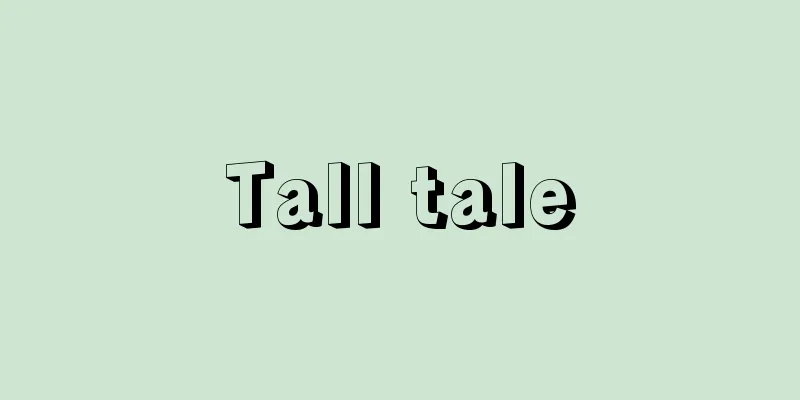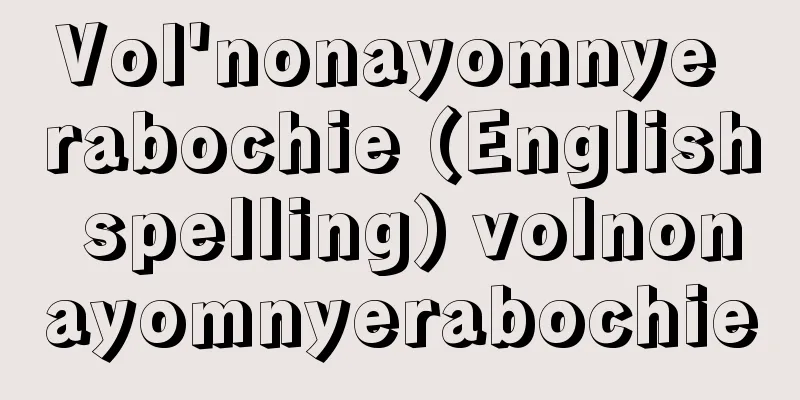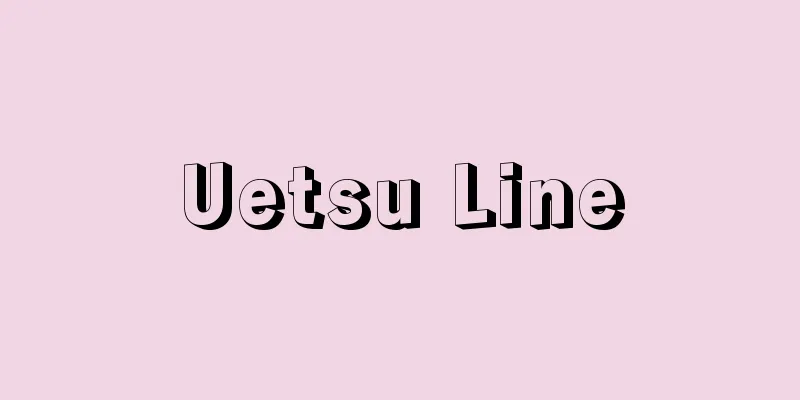History

|
It refers to facts that occurred in the past regarding humans and natural phenomena to which humans belong, as well as the investigation and description of these facts. In China, during the Zhou dynasty, officials who recorded important events on bamboo slips were called historians. In the West, the word history originates from the Greek istoria, which means exploration, and refers to the exploration and description of the past. At the same time, it also means the facts that occurred, as in the original meaning of the German word Geschichte, geschehen (to occur). Facts that occurred in the past are all events, but not all of these facts become history. History is made up of past facts selected based on certain interests and value judgments. As the saying goes, "history can be rewritten," the facts of the past that are selected and their descriptions will differ depending on the difference in the awareness of the problem. The present determines the awareness of the problem, and in that sense, "all history is the history of the present" (B. Croce). The history of history, or the history of historiography, teaches us the problem consciousness of historical writing throughout history, from East to West, and the well-known classifications are narrative history, religious history, didactic history, and developmental history. The Greek work Herodotus's Histories, the Chinese work Sima Qian's Records of the Grand Historian, and the Japanese work Kojiki are all considered to be the first "written histories," but the historical consciousness that supported these writings was born in and determined by specific historical realities. Interpretations and explanations are inevitably added to selected facts, but since meaningful facts are selected from an infinite number of facts that appear to be accidental and chaotic, some universal principle must be relied upon. Efforts to consciously construct this theory of history, refine research methods, and develop history as a science began to flourish in the 19th century. Source: Encyclopaedia Britannica Concise Encyclopedia About Encyclopaedia Britannica Concise Encyclopedia Information |
|
人間および人間が属する自然の諸現象で過去に生起した事実,またそれらの事実に関する調査と記述をいう。中国では周代に重要な事件を竹簡などに記録する役人を史官といった。西洋では,ヒストリー historyという言葉が探究を意味するギリシアのイストリア istoriaから始ったように,過去の探究とその叙述とを意味する。同時にドイツ語のゲシヒテ Geschichteの本来の語義 geschehen (生起する) のように生起した事実そのものをも意味する。過去に生起した事実はすべての出来事であるが,そのすべての事実が歴史となるのではない。一定の関心,価値判断に基づいて選択された過去の事実が歴史を構成する。「歴史は書き換えられる」という言葉があるように,問題意識の違いに応じて,選択される過去の事実もその記述も異なってくる。その問題意識を規定するものは現在であり,その意味では「あらゆる歴史は現代の歴史である」 (B.クローチェ ) 。歴史の歴史,いわゆる史学史は古今東西の歴史叙述の問題意識のあり方を教えるが,よく知られる分類として,物語的歴史,宗教的歴史,教訓的歴史,発展的歴史がある。ギリシアのヘロドトスの『歴史』,中国の司馬遷の『史記』,日本の『古事記』などはいずれも最初の「書かれた歴史」とみなされるが,それらの歴史記述を支えた歴史意識は,固有の歴史的現実のなかで生れ,それに規定されたものであった。そこには選択された事実に対して解釈と説明が必然的に加わるが,偶然的で,混沌としてみえる無限の事実の群れのなかから意味ある事実を選びとる以上,なんらかの普遍的原理に依拠しなければならないからである。この歴史理論を自覚的に構築し,研究方法を錬磨して科学としての歴史学に発展させる努力が 19世紀に開花する。
出典 ブリタニカ国際大百科事典 小項目事典ブリタニカ国際大百科事典 小項目事典について 情報 |
>>: Complete Calendar Book - Rekisanzensho
Recommend
Chilean saltpeter - nitratine
One of the most common nitrate minerals. It grows...
Gynecological endoscopy - Fujinkanai shikyo
This refers to endoscopes used in the gynecologica...
Christmas begonia
...(4) Winter-flowering begonias These were devel...
Cold-dried powder - Kanzarashiko
Please see the "Shiratama Flour" page. ...
Manis longicaudata (English spelling) Manislongicaudata
…[Yoshiharu Imaizumi]. … *Some of the terminology...
blank test
...When precision is required, a procedure is per...
Shippou [town] - Shippou
A former town in Ama County, western Aichi Prefect...
Yamatotai
A shallow area of about 300m deep near the north...
anchor
…anchor is a tool used to anchor a ship in a plac...
Kyoto Magistrate's Office - Kyoto Machibugyosho
…After Toshitsugu Tsuchiya became the magistrate ...
Amphioxus (Slugfish) - Branchiostoma belcherii
A protochordate of the family Amphioxus of the cla...
Culture Museum
…the Dutch agricultural management system that th...
Mobile wooden tower
...refers to attacking a castle or siege techniqu...
frame harp
…The jiyukugo (箜篌) was introduced to China and Ja...
Everest [mountain] - Everest
The world's highest peak in the Himalayas, loc...









